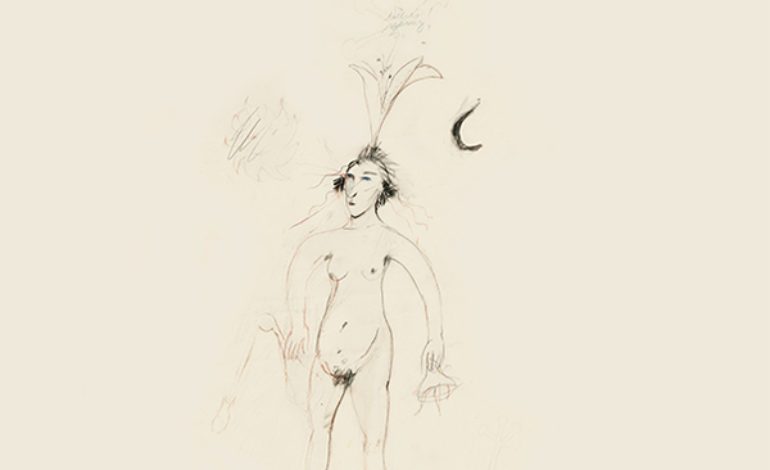

An impressive example of anti-linear music
The longer an art form exists, the further it tends to splinter apart. People have seen it with countless painters and artists; works like Piss Christ and Marcel Duchamp’s provocative Fountain turned the art world on its head, thanks to their bold new direction. Music, however, has always struggled to push boundaries in the same way. Perhaps this is because as a populist art form, people generally look to it for enjoyment more than challenge, but whatever the case, music has always lagged behind its fellow arts when it comes to changing the narrative. Of course, as with any art form, there is a bustling underground community eager to turn the formats and conventions of music on their heads.
Two such artists are Soundwalk Collective, an experimental sound collective, and Patti Smith, a world-renowned punk singer and poet. These two boundary pushers have once again teamed up to create Peradam, a loose adaptation of René Daumal’s unfinished masterpiece Mount Analogue: A Novel of Symbolically Authentic Non-Euclidean Adventures in Mountain Climbing. As the title of the book itself implies, it is neither a linear nor sensical story, but the questions raised by the text (and the lyrics and sounds of the album) are both thrilling and confounding.
Sonically, the album operates similarly to other works from Soundwalk Collective. But unlike Smith and Soundwalk’s previous work, Killer Road, the selection of sounds fit better here, and make for a more compelling narrative. Soundwalk stated on their Bandcamp page that they used the sounds of “Himalayan winds, sacred mantras and water rippling in the holy river Ganges” to recreate the landscapes of Peradam as described by Daumal. Smith takes turns reading passages from the book, though she does not speak in the first track “Nanda Devi” which is composed entirely of a chant. Her words are often mysterious and seemingly nonsensical. Passages such as “Salute the eyes, salute the teeth, salute the devouring mask, always” from “The Four Cardinal Times” invite people to consider their meaning, but never is the impetus behind the words fully unfurled.
Each track presents its own set of challenges. “Vera” is harrowing, bassy and full of mysterious whispers, “Hymn To The Liquid” is clattering and reverent, but no track captures one’s imagination like the album closer, “The Rat.” This unsettling and unyielding track is composed of soft singing bowls, silences punctuated by scraping and other found sounds. Atop this mound of disturbing sensations, Smith describes the killing of a rat that eats wasps. Images of sickly wasps pouring out of the split belly of an aged, dead rat are described in thorough detail as the narrator becomes more and more unhinged, repeating themselves in increasingly panicked bursts. But as quickly as it appeared, the track is gone, the album is gone, the mountain is gone… and only silence remains.
There is value in pushing art forms forward, and there is no shame in needing a boost from a medium that is a bit further down the experimental path. Peradam presents an unyielding picture of how that can be accomplished by faithfully adapting its confounding source material into an equally confounding record. Answers may not come easily, but worthwhile things rarely do, and people should all be happy that they are allowed to sit and digest this record at all.
